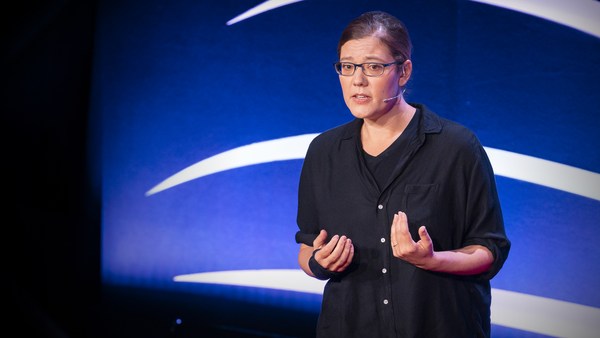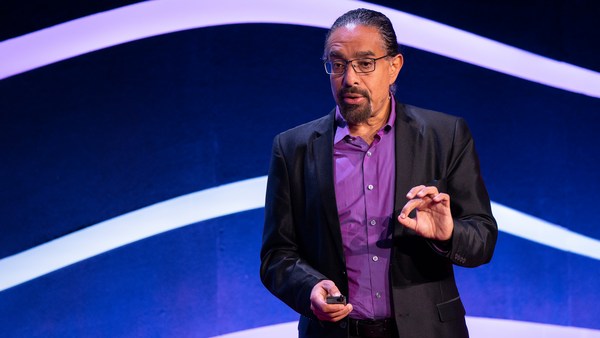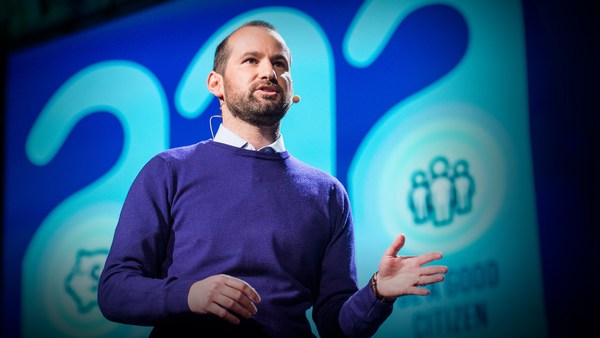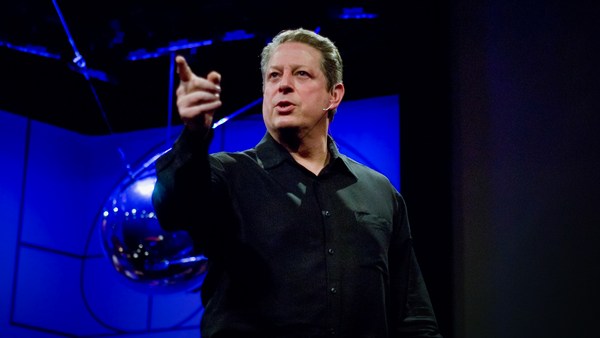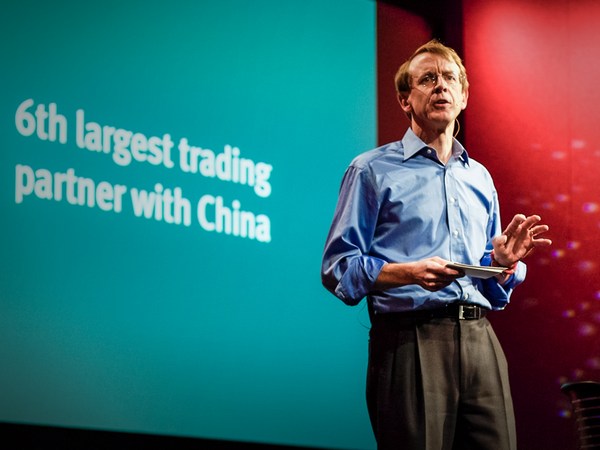David Biello: So tell me about ReNew2030.
Rebecca Colyer: David, ReNew2030 is a coalition of regional climate foundations, think tanks and NGOs working around the world to scale wind and solar. Why is this so important in the fight to protect our climate? Well, because the power sector is responsible for 50 percent of all the emissions we need to reduce before 2030. It needs to go first because we need it to electrify other sectors. We also need to make sure that the transition is fast. As well as first, it needs to go fast. We've got a window of just seven years. Seven years to see those exponential curves hit the roof.
And it also needs to be fair. We need to make sure that the communities involved are consulted deeply on the siting of those renewable energy installations. We need to make sure that the supply chains and the transition minerals are equitably sourced. And we also need to make sure that precious finance flows to where it's needed most.
So this is what ReNew2030 does. Powered by philanthropy, it takes the funds to the groups that need it most in the geographies where the transition needs the most in order to impact the power sector.
DB: So what are the obstacles then?
RC: You'd think, with the phenomenal cost reductions we've seen in renewable energy, that this would just be a runaway success story. But that's not the case. There are all sorts of non-cost barriers that communities and societies need to work on.
Barriers such as lack of ambition, policy barriers, such as lack of investment, barriers such as slow permitting and planning, not just for wind and solar themselves, but also for the grids that we need to balance them reliably and securely. Barriers like misinformation. In the information wars we’ve been talking about, there are really serious problems about misinformation. And of course, skills for workers and a just transition.
So, David, ReNew2030, what it does is it supports groups and it does so with a set of levers. Levers that are tried and tested to help us work on the transition, policy and advocacy, to name just a few. Narrative building and storytelling. And we do that across the globe, in the geographies that have the highest emissions, and we support groups working on those barriers.
I want to tell you a little bit more about some of those groups. Sérgio Xavier works in the northeast of Brazil. And they're working to advocate for sustainable energy products. Abdou Ndour, he works in Senegal helping agricultural workers to access energy. Joojin Kim, he works in South Korea and he works on policy and finance. And one of my personal favorite partners that we support is Jeanette Gitobu. She helps female leaders and engineers to enter careers in the global wind industry. So that’s what ReNew2030 does. It helps bring the power of philanthropy to the groups that matter the most.
DB: That's amazing. But that also makes it sound like communities are maybe as important as national governments in this?
RC: That's right, David. I mean, for many years we've focused on national governments and they are critical, don't get me wrong, they're really, really important. But communities have incredible power to shape the power system of the future that we want to see. They can engage in community-owned energy, they can engage in local policy. They can engage in the workforce as part of a just transition. So communities are central to the thesis of ReNew2030.
DB: OK, so, sounds great, but what makes you think that this collaborative approach will work? I mean, you've got lots of progress, but we need exponential change, as you said.
RC: We do need exponential change, David. This is what worries me. So we have to collaborate between businesses, governments and civil society. And we've seen in countries like Uruguay, Denmark, Kenya, many others, that exponential growth is possible. So what ReNew2030 does is it works with a group of regional climate foundation leaders to bring the funding to the groups on the ground with the data they need, the tool kit of strategies and also the ability to convene together and talk and listen. And ReNew2030 is therefore the thing that gives me great hope that we can see exponential growth in the places that we need.
DB: I love the sound of that. So when you succeed, what does the world of 2030 look like?
RC: We actually need these groups to create disruptive change. Times five the installation of wind and solar that we have now by 2030, done in a just and equitable way. So my hope is that by 2030, the work that we do will have helped put us on a footing for a climate secure, safe future. It's 50 percent of all emissions we need to get at, remember. So this is very serious. And my hope is that at the same time, we will actually have created local jobs and clean air. And most importantly for me personally, is that we will have helped to give communities the opportunity to shape affordable, clean electricity for their homes and their schools and their businesses.
Thank you.
DB: Thank you.
(Applause)
